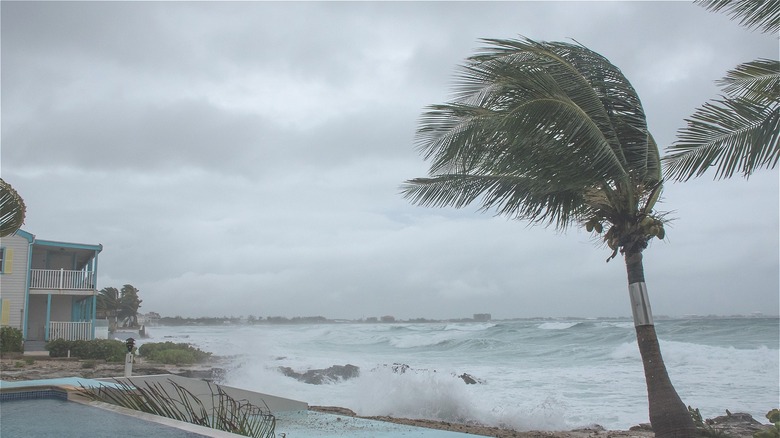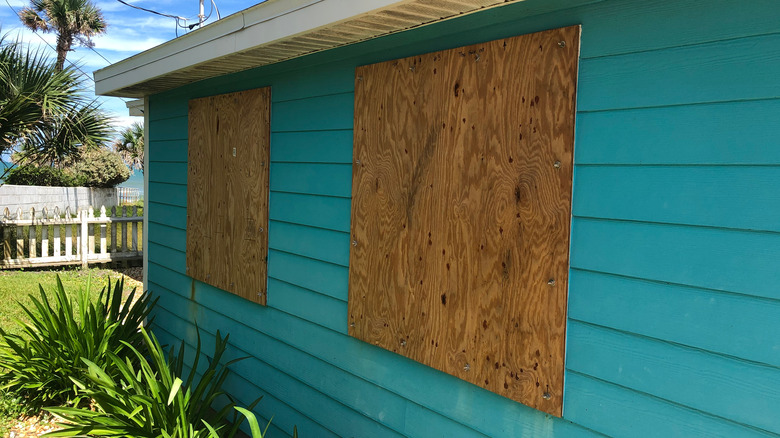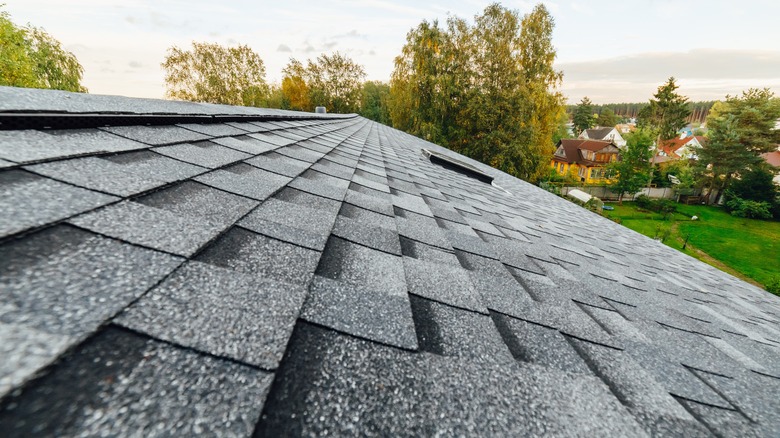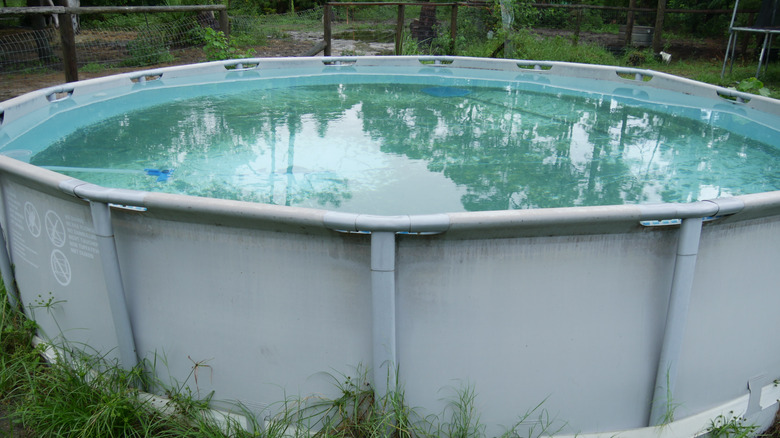Top 3 Ways To Protect Your House From Hurricanes
Hurricanes are one of the most unfortunate and disastrous things that can happen to your home. Most common on the Atlantic and Pacific coastlines, these natural calamities can destroy a home in a matter of minutes, sometimes seconds. According to Earth Networks, hurricanes can also produce numerous weather conditions, including heavy rain, strong winds, flooding, rip currents, and even tornadoes. Additionally, the storms on the Atlantic coast have a slightly different season than those on the Pacific.
For those located near the Atlantic, hurricanes usually form anywhere from the beginning of June to the end of November. Peak hurricane season is usually in September. For those near the Pacific, however, hurricane season begins slightly earlier in the middle of May and lasts till the end of November. While all hurricanes are extremely dangerous and should never be taken lightly, they are separated into categories.
Category 1 is the lowest and will likely cause the least amount of damage. Category 5 is the highest category and will cause a substantial amount of harm; more than its predecessors. Yet, no matter what coast you're on or how strong the storm is, you should always have your home protected as much as you possibly can. There are several different methods to do this; however, there are three top ways to protect your property the best you can.
Board up your windows
First and foremost, and at the risk of stating the obvious, it is extremely important to protect your windows. As AccuWeather points out, entrances such as windows and doorways are the most exposed areas of your home; thus, the most vulnerable during any storm. If the windows get broken, this makes your home accessible to rain, tree limbs, and other unwanted natural occurrences. Additionally, and especially during hurricanes, your house may also become a shelter for wild animals such as raccoons and skunks.
However, there are several ways to prevent these events from happening altogether. One thing you can do is border up the windows. Shutters are obviously the most efficient and easiest way to do this. They're most likely already installed in your home, and the window can be protected in seconds. However, if you cannot do this, you can also opt to install some plywood over the windows. Plywood is available at most hardware stores such as Lowe's and Home Depot. It's easy to install and is just as efficient as shutters.
Revamp your roof
Much like your windows, your roof will need extra protection as well. While it's uncommon for roofs to fly off during low-category hurricanes, it's still not impossible. To prevent this from happening, there are many steps you can take to ensure it stays intact. For starters, HomeLight suggests installing metal roofing instead of the traditional shingles. They are a bit more costly; however, they are more efficient during storms and in everyday life. In addition, they last longer and can protect your home better than shingles.
However, on the other hand, if shingles are more of your style than metal, you still have options. Instead of traditional shingles, you can opt to use architectural ones. These are most common on the coastlines and in states like Florida as they are more durable.
Of course, like metal roofing, these are more costly; however, they may be worth the investment as they will last longer and can better protect your home from natural disasters. Additionally, you can always use steel hurricane clips. These clips latch onto your roof to further help by holding it in place. Again, they aren't too costly and can provide more protection than just standard metal or shingle roofing.
Secure loose outdoor objects
Lastly, and perhaps the easiest way to protect your home is to secure any loose outdoor objects. Items such as tables, pools, and kids' toys can become a dangerous hazard in many storms: All it takes is a sudden gust of wind to pick up an item and throw it into your home, other people's houses, or a person. While this wouldn't be your fault, it can easily be prevented.
As Tara Energy states, before a storm hits, you should definitely bring inside those loose items that will fit into your garage or other areas of your house. For those that won't fit, you will need to find another method to secure them. The best method for open items like a pool is to submerge waterproof items in it. This will hold the pool down and protect the items from the wind and rain. You can tie them down with a rope or a strap for other items such as tables or yard items. Additionally, if you have enough lead way, you can transport these items to a location that won't be affected by the storm.



